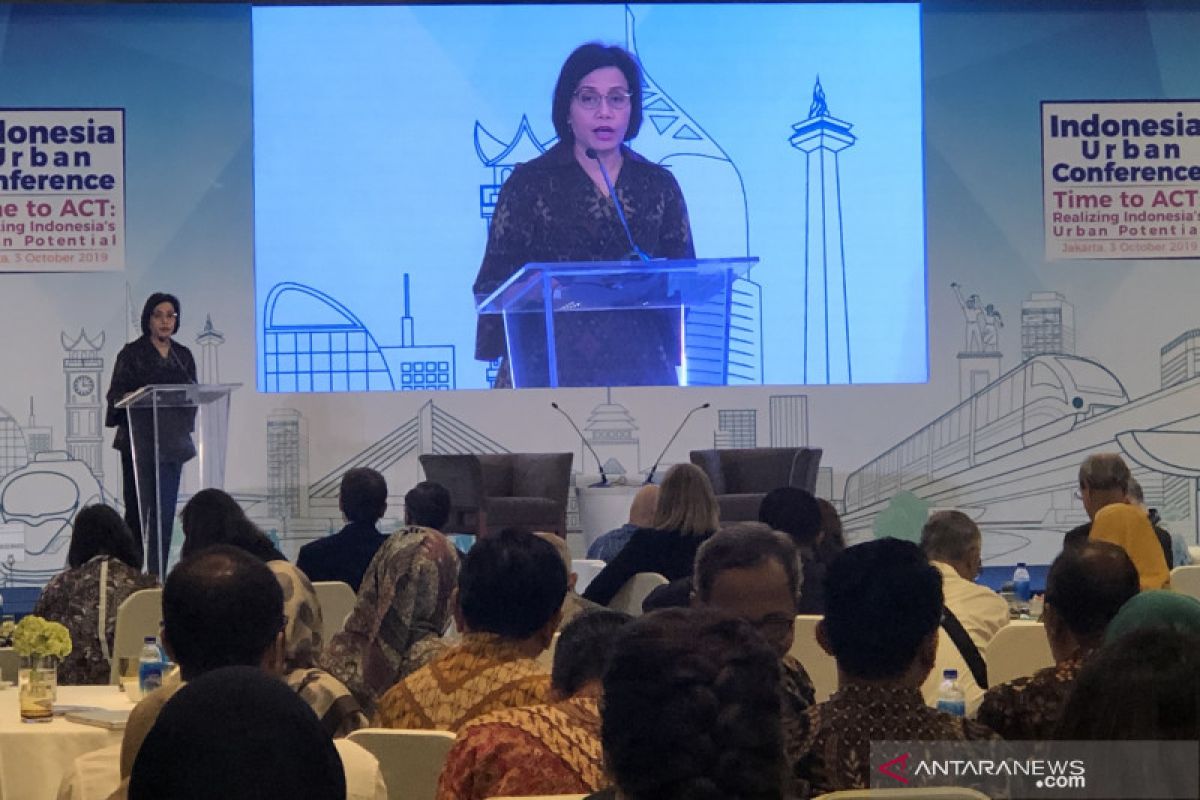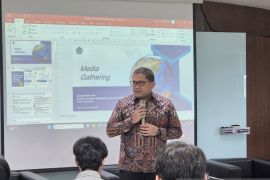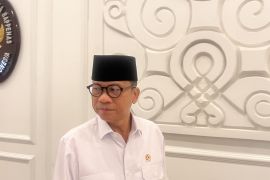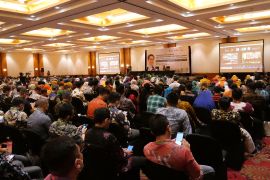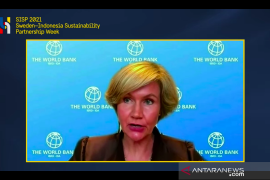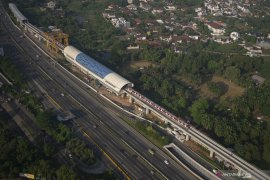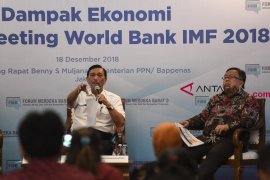"Indonesia has imposed the principles as recommended by the World Bank," Indrawati said here on Thursday.
The World Bank's recommendation is aimed at managing urbanization in Indonesia, which has grown rapidly, but with a slower pace of development, hence it has hampered the distribution of prosperity, inclusiveness and the development of a livable city.
In its report, the World Bank said to ensure that Indonesia gets the most out of urbanization, policymakers need to undertake bold institutional reforms and implement decisive policies to ACT.
Augment the coverage and quality of basic services and urban infrastructure to better manage forces of congestion and address large disparities in human capital outcomes both across and within places.
Connect urban areas of different sizes with each other, with surrounding rural areas, and with international markets – and to connect people with jobs and basic services within urban areas – to enhance inclusiveness both within and among areas.
Target places and people that may be left behind by the urbanization process to ensure that they share in the benefits of urbanization and that urban areas are livable for everyone.
"All these have been included in the State Budget 2020," Indrawati said.
The state budget has allocated Rp508.1 trillion for human resource development and Rp132 trillion for the health sector.
"We have also allocated Rp372.5 trillion for social security through the schemes of the Family Hope Card, the Smart Indonesia Card, and non-cash assistance," she added.
The government has also allocated Rp423.3 trillion in the 2020 state budget for the development of infrastructure to support urban cities, which are livable for all Indonesians.
Related news: New capital city to accommodate population of three million: minister
Indrawati said that all the cities in Java Island have been connected and the development would be expanded to other islands outside Java.
The government would prepare all the instruments needed to encourage urbanization to contribute more to economic growth, which would further improve the welfare of the people.
"We will need other instruments to encourage development in urban cities, as well as regions to address the problem of inequality," she continued.
Related news: Well-managed urbanization leads to economic growth: BappenasRelated news: Well-managed urbanization leads to economic growth: Bappenas
Related news: Urbanization can have positive impact on growth: Minister
EDITED BY INE
Translator: Astrid Faidlatul H, Haryati
Editor: Fardah Assegaf
Copyright © ANTARA 2019
